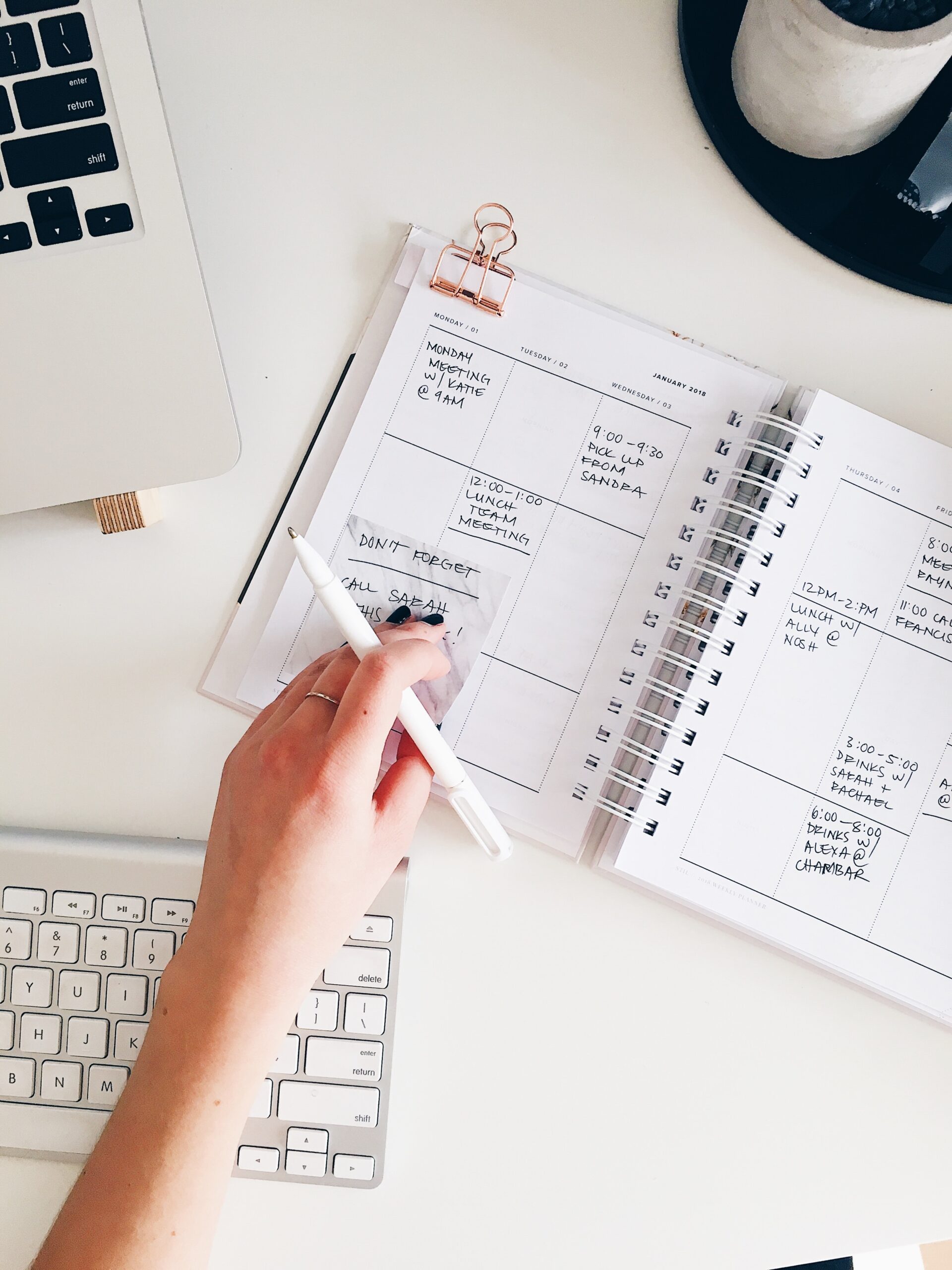This article originally featured in the Spring Edition 2020 of the YouthWise Magazine, written by Lorraine Wilson, Co-Founder Keyba Careers.
Finding employment is challenging. Unfortunately COVID-19 has only made the job market more competitive and harder to get into. We get it. The whole job seeking process can seem daunting and overwhelming. The reality is we cannot control what is happening around us, but we can control our mindset and we do have the power to take control over our future. To succeed as a job seeker, you need to take responsibility, initiative and most importantly take action and don’t give up.
Every single person is unique, with different skill sets, strengths, and weaknesses to offer. So, what can you bring to the team? We have put together 7 tips to help you out and make the job seeking process easier.
- Have a positive mindset and the right attitude
Employers look for staff who are keen, job-ready and have a passion for the role. Don’t go throwing your resume around to any job. You want to be specific and apply for a job or an industry that  you are genuinely interested in and allow your passion to shine through your application. The first step is to think about what you are passionate about. What do you enjoy doing? Think about the industries, workplaces, and the type of work you believe you would love to be a part of and do your research. Use resources such as SEEK, and research different industries and jobs available to see what appeals to you. Speak with friends and family and ask them about their job and what they do. Think about the things that interest you and you enjoy doing, and how you can lead that into a career by bringing it to the job you’re applying for. Be strategic in your job search and target where you want to work. If you don’t show interest in the role, chances are you won’t get the job. You want to be a stand-out and demonstrate your passion and interest for the role or industry and what you can bring to the business.
you are genuinely interested in and allow your passion to shine through your application. The first step is to think about what you are passionate about. What do you enjoy doing? Think about the industries, workplaces, and the type of work you believe you would love to be a part of and do your research. Use resources such as SEEK, and research different industries and jobs available to see what appeals to you. Speak with friends and family and ask them about their job and what they do. Think about the things that interest you and you enjoy doing, and how you can lead that into a career by bringing it to the job you’re applying for. Be strategic in your job search and target where you want to work. If you don’t show interest in the role, chances are you won’t get the job. You want to be a stand-out and demonstrate your passion and interest for the role or industry and what you can bring to the business.
- Networking
Networking these days is extremely beneficial when looking for a job as it can create opportunities. Start networking yourself to everyone you know. It’s possible that they may know of someone who could create an opportunity for yourself in the industry of your choice. Speak to family members, the parents of your friends, teachers, coach, go back to where you gained work experience or part-time work while you were at school and talk to them about your career aspirations and see if they have any contacts or know of any job opportunities.
Don’t forget the power of social media. Many companies now put job ads up on Facebook, Instagram and LinkedIn. Professionals on LinkedIn post articles and information about what’s going on in today’s business world and use this medium as a form of sharing what they do and what they offer to other businesses and organisations. Create a LinkedIn account as it is a great opportunity for you to profile yourself (which is basically your resume) and explain what you are looking for in an employer and career.
- Update your Resume
Take the time to update your resume. There are plenty of templates you can easily download and work from to create your resume. You want it to stand out. So be creative and ensure the resume reflects your personality and the competencies you offer to the position you are applying for. Include your hobbies and the things you enjoy or are passionate about. If you have been part of a team, volunteered or taken part in charity work, make sure to include these.
Ensure your resume:
- Is professional looking and easy to read – have someone else proof-read your resume

- Is free of spelling or grammatical errors
- Clearly laid out with your work history, your experience, and your skills
- Lists your education, qualification, and training
- Include your hobbies and achievements that shows what you are really good at
- Don’t lie and give false information. Employers will pick up on false information when they do a reference check or background check or when conducting an interview. If they know you have been dishonest, there goes your chance of getting the job.
- It’s all about the Cover Letter
When applying for a job, ensure you include a cover letter with your resume, and customise this letter to the job you are applying for. That means for every job you apply for you have a cover letter specifically tailored for that job. This shows your potential employer that you have taken the time to read the ad thoroughly and you are keen to work for that organisation. Using the same generic cover letter is obvious and will not set you apart from other applicants. You want the employer to take that next step and read your resume. In your cover letter ensure to:
- Include the name of the business, contact persons full name (if supplied) and the position you are applying for
- Include your experience, skills set and competencies the employer is looking for. Refer to the job ad and back-up what you say by giving examples
- Include why you are applying for the role
- Answer anything specific written in the job ad and respond to the requirements of the job
- Include 5 reasons why you believe you would be the best candidate for the job
It’s the small details that will set you apart from other applicants applying for the same job and increase your chance of having an interview.
- Use your transferable skills
What are your skills and knowledge you have gained throughout your life that you can transfer or compliment the job you are applying for? Think about the skills gained from work, school, hobbies, sports, volunteering etc. Review your skills and what you can offer an employer and be sure to include this in your cover letter and resume. Again, where possible provide examples to demonstrate how you have these skills.
For example, you may have had a part-time job and provided excellent customer service which is required in every workplace. Or you played a sport and loved being part of a team demonstrating that you are a team player.
Examples of transferable skills which are required in every workplace are –
- Communication skills, both written and verbal
- Excellent customer service skills
- Being able to work as part of a team
- Problem-solving
- Reliability
- Being motivated
- Being adaptable and resilient
- References
Companies conduct reference checks to ensure your resume and responses from your interview match up with your referee responses. Do not fake your referees or have a mate do them for you, as a good interviewer will pick up on this. You do not want to break the trust and lose the chance of being offered the job.
If you have not had a job to obtain a referee from, perhaps you could ask a close relative or family friend, a mentor, school teacher or sports coach for a character reference. It is good to have 2 or 3 good referees ready to go. What is also beneficial is to ask them to put some words in writing for you, so when you are asked for a reference, you can hand the hard copies and give the interviewer your permission to contact them.
When you put forward the name and contact details of your referees, ensure you let your referee know of the job you are applying for. This way they are prepared for the phone call and ready to give you a raving reference. And don’t forget to thank your referee and let them know of the outcome of your job application.
- Prepare for the Interview
Congratulations, you have scored yourself an interview. Now it’s time to ensure you are fully prepared to give it your best! Preparation is key for a successful interview and there are a few things you can do to stand out!
- Ensure you do your research. Google and learn as much as you can about the company. Doing your homework will assist you to be more prepared when answering questions
- Think about the questions you may be asked and practice your responses so you can confidently talk about yourself
- Prepare a list of questions you can ask your interviewer, relevant to the role or organisation and show interest in the role
- Listen to the questions being asked and answer the specific questions. Ensure you maintain good eye contact and smile
- Avoid yes/no answers. The interviewer is trying to find out more about you, so where possible, give examples to support what you are saying when answering questions
- Don’t be late to the interview, ensure you arrive at least 10 minutes early. If your interview will be held via video conferencing, which is likely due to the pandemic, ensure you test your technology beforehand, so you are ready to go!
- First impressions are everything, so dress appropriately for the position you are applying for (even if it is a Zoom meeting!)
- And finally, don’t forget to thank your interviewer for the opportunity and that you look forward to hearing back from them.
For more information, tips and advice to ensure you have a successful interview and land the job you want, check out Keyba Careers’ Employer Engagement Program. It’s a short online crash course to ensure you are job ready, so you stand out in your interview! The first lesson is FREE!

